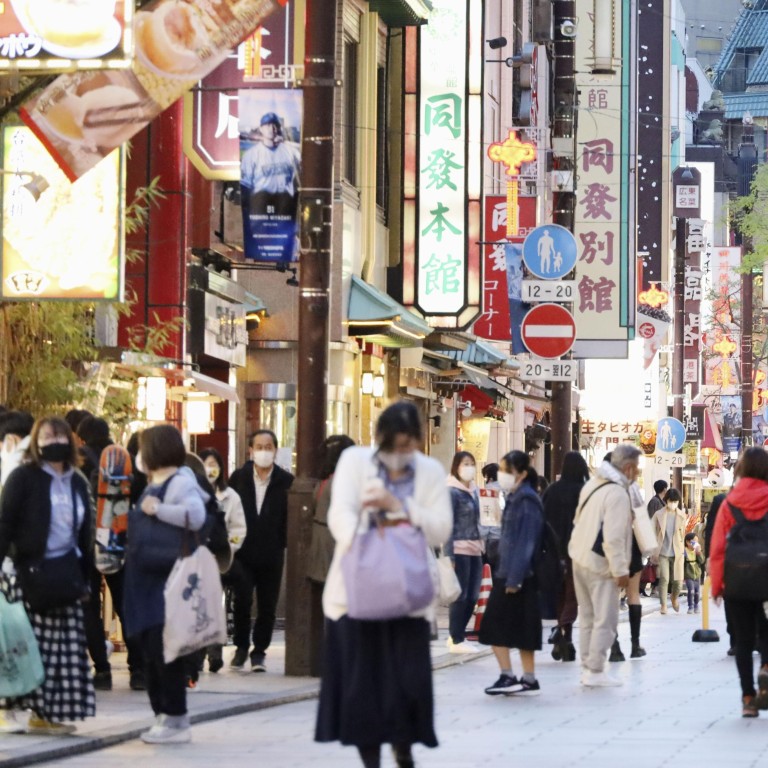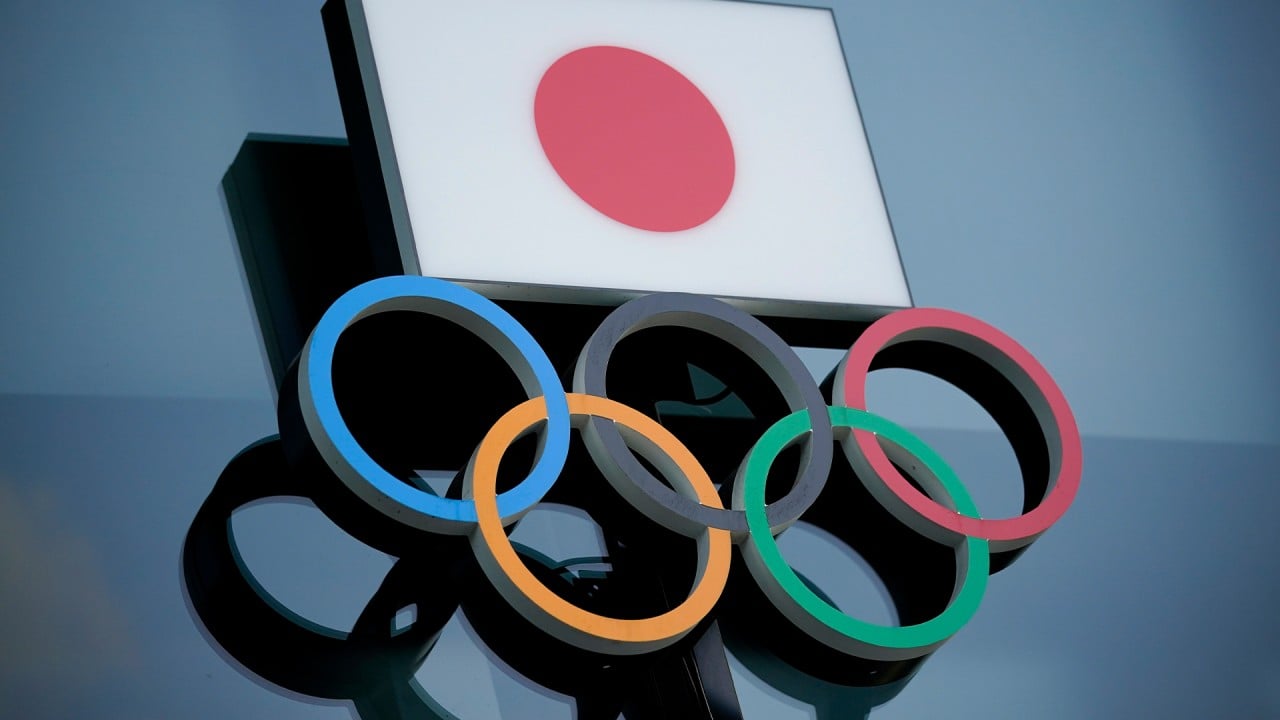
Tokyo Olympics: amid Japan’s lacklustre Covid-19 vaccination efforts, should the Games go ahead?
- From Japan’s sluggish vaccine roll-out, it is evident that a sense of crisis is lacking. Have the Japanese given serious thought to the possibility that a new wave of coronavirus will arrive with the Olympics?
On May 8, the daily number of Covid-19 infections exceeded 7,000 again; in the same week, the daily number of deaths hit a new high. There seems little prospect of Japan beating the pandemic any time soon.
The declaration of the state of emergency was necessary to slow the speed and contain the scale of transmission. But, disrupting mobility and shutting businesses are defensive approaches. They are only effective in the short term.

02:26
Japan declares new state of emergency after worst Covid-19 spike since January
The snail’s pace of vaccination for these two groups has nothing to do with the availability of vaccine doses, given that Japan had received more than 8.5 million doses of Pfizer vaccines before April 30.
While many countries with Covid-19 vaccination programmes are giving people shots seven days a week, and some even at night, it is surprising that it is business as usual in Japan: Covid-19 vaccination services are provided from Monday to Friday, but not at night, or weekends and holidays.
The lack of compensation for doctors and nurses working weekends and holidays could be one reason Japan is running its vaccination programme only on weekdays.
How did Pfizer become the ‘hot person vaccine’?
Yet, the pandemic is a public health crisis. Surely it is the Japanese government’s responsibility to set up an emergency budget for mobilising medical staff to provide vaccination services beyond regular working hours. From Tokyo’s slow response, a sense of crisis is clearly lacking.
A shortage of medical staff qualified to administer shots has also been blamed for the slow roll-out of vaccines. Although medical professionals such as dentists are capable of giving vaccine injections, Japan has been constrained by regulations that only allow doctors, and nurses under the instruction of doctors, to give the shots. Until recently, dentists were not allowed to join the vaccination army.
Fighting the Covid-19 crisis requires innovative, decisive and smooth action. Stubbornly sticking to rules that hobble the inoculation campaign ultimately defeats the purpose of entering a Covid-19 state of emergency.
When the Japanese government decided to distribute limited Pfizer vaccines to senior citizens, it considered neither population distribution nor the number of infections across the country. It simply distributed them evenly across the nation to ensure “fairness” – with the exception of Kanagawa Prefecture, Osaka Prefecture and the Tokyo Metropolis, which were allocated twice as many doses as other regions.
Covid-19, Fukushima legacy confront Japan’s ‘Recovery Olympics’

02:10
No singing and chanting, Covid-19 rules unveiled for delayed Tokyo Olympics
Excessive concerns over side effects and the suitability of a vaccine for Japanese people have been keeping Moderna doses on the shelf.
It is unimaginable that Japan would go ahead with the Games during another Covid-19 state of emergency. But as 11,000 athletes and many more staff, coaches, judges and journalists from around the world arrive, and local fans flock to the Games, it is highly likely that Japan will be hit by a new wave of Covid-19. Is the nation ready for this?
Japan needs to show it recognises this sense of crisis and hold a public debate about whether to proceed with the Olympics.
Yuqing Xing is Professor of Economics at the National Graduate Institute for Policy Studies in Tokyo, Japan

